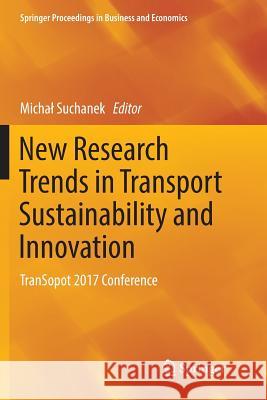New Research Trends in Transport Sustainability and Innovation: Transopot 2017 Conference » książka
topmenu
New Research Trends in Transport Sustainability and Innovation: Transopot 2017 Conference
ISBN-13: 9783030089962 / Angielski / Miękka / 2019 / 228 str.
Kategorie:
Kategorie BISAC:
Wydawca:
Springer
Seria wydawnicza:
Język:
Angielski
ISBN-13:
9783030089962
Rok wydania:
2019
Wydanie:
Softcover Repri
Ilość stron:
228
Waga:
0.34 kg
Wymiary:
23.39 x 15.6 x 1.3
Oprawa:
Miękka
Wolumenów:
01
Dodatkowe informacje:
Wydanie ilustrowane











